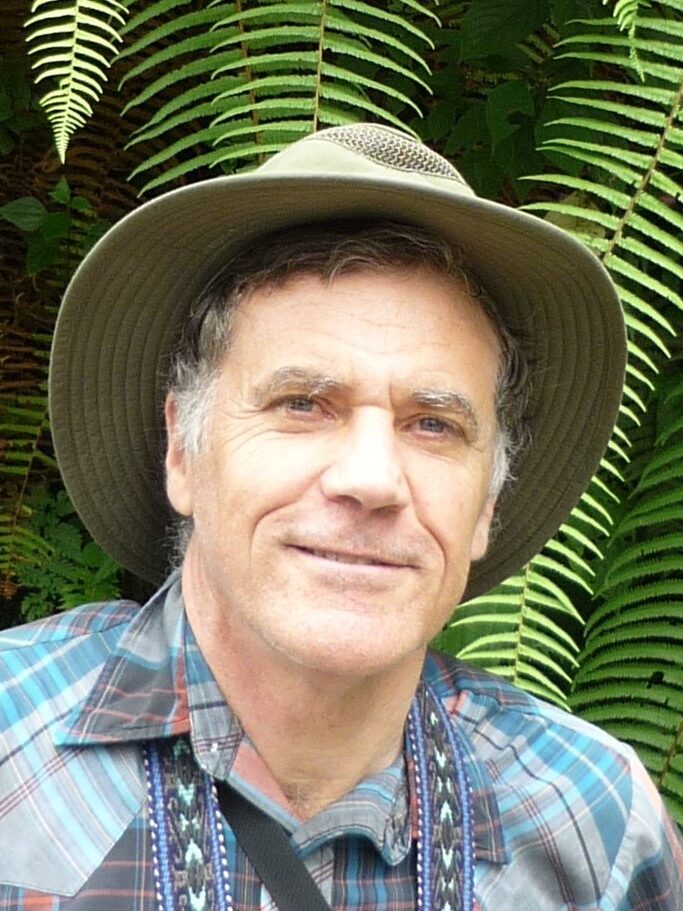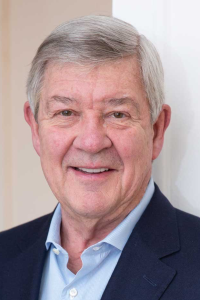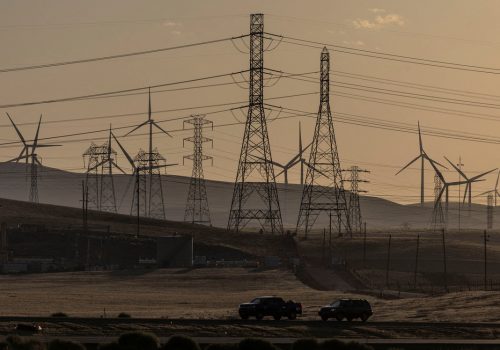The flaws in project-based carbon credit trading and the need for jurisdictional alternatives
WATCH THE LAUNCH
This issue brief highlights several significant, and at times unresolvable, problems with the project-based approach to carbon credit trading, the purpose of which is to reduce deforestation and sequester carbon. Beginning with first-hand observations of the principal author during his experience with forest conservation efforts in the tropics, the brief describes the challenges that arise when this crediting model is implemented in the field, particularly in rainforests and other remote areas of the world. The publication then assesses the three critical structural problems with project-based credit trading that lead to a fundamental lack of integrity in such programs:
- The intractable challenges of a project-based regulatory structure involving difficult-to-prove requirements of additionally and leakage prevention.
- The major transaction and intermediary costs that can amount to half of project funding.
- The credit duration that is far less than the life of the additional CO2 emissions that are consequently emitted.
The analysis also explains how economic forces and incentives exacerbate these problems, particularly with programs that are carried out by commercial credit traders as opposed to nonprofit entities. Finally, this brief discusses better alternatives, such as jurisdictional programs administered by governments or Indigenous associations, that could more effectively reduce emissions and strengthen the social fabric of communities required to assure credit integrity, accurate measurement, and adequate co-benefits.
AUTHOR

Byron Swift is an environmental lawyer and senior adviser for wildlands at Re:wild. He has devoted much of his career, over forty years, to conservation issues in Latin America, working in almost all countries with a focus on protected areas, natural resources management, and capacity building of local institutions. An environmental lawyer, he has served as president of Nature and Culture International, founder and president of Rainforest Trust, and head of the US office of the International Union for Conservation of Nature (IUCN). He has also spent a decade working with the Environmental Law Institute on pollution control and trading issues, and has worked on carbon issues since 1996.
CONTRIBUTING AUTHORS
ACKNOWLEDGMENTS
This report was written and published in accordance with the Atlantic Council policy on intellectual independence. The authors are solely responsible for its analysis and recommendations. The Atlantic Council and its donors do not determine, nor do they necessarily endorse or advocate for, any of this report’s conclusions.
RELATED CONTENT

The Global Energy Center develops and promotes pragmatic and nonpartisan policy solutions designed to advance global energy security, enhance economic opportunity, and accelerate pathways to net-zero emissions.
Image: Conserving tropical forests can sequester carbon and help mitigate climate change. Unsplash/Ruben Ramirez






